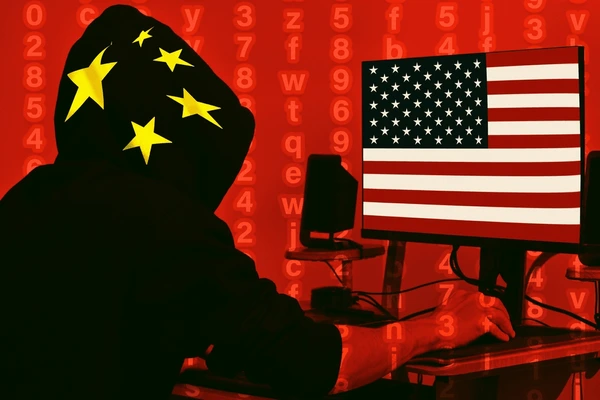Recent reports reveal that hacking groups associated with China have initiated targeted cyber attacks on vital U.S. infrastructure, including utilities, communications, and transportation systems. These attacks are part of China’s ongoing Volt Typhoon cyber campaign, monitored by the U.S. government for nearly a year, raising serious concerns about potential disruptions and broader geopolitical implications.
Allegedly orchestrated by hackers affiliated with the Chinese People’s Liberation Army, these cyber intrusions have successfully penetrated the computer systems of numerous critical U.S. entities. Targets include water and power utilities, oil and gas pipelines, as well as transportation and communication networks. Despite no reported disruptions to date, these incidents highlight the growing threat of cyber attacks in international relations, emphasizing the critical need for enhanced cybersecurity measures.
The reported victims of these attacks encompass a wide range of crucial infrastructure, such as a water utility in Hawaii, a major West Coast port, and at least one oil and gas pipeline. The alleged hacking attempts even extended to the operator of the Texas power grid, with “several entities” outside the U.S. also reportedly targeted.
This alarming development sheds light on the evolving tactics of Chinese state-sponsored hacking groups like Volt Typhoon, which has been active since mid-2021. Microsoft Corp. researchers previously warned about the group’s suspected plans to disrupt U.S.-Asia communication networks during potential crises. The sectors targeted by Volt Typhoon include communications, manufacturing, utilities, transportation, construction, maritime, government, information technology, and education.
While the reported cyber intrusions have not impacted critical industrial control systems so far, the targeting of a utility in Hawaii is particularly notable due to its connection to the U.S. Pacific Fleet. The potential disruption of a utility in times of conflict could hamper efforts to deploy troops and equipment.
These revelations underline the pressing need for robust cybersecurity measures and international cooperation to address the escalating threat posed by nation-state cyber attacks. The Cybersecurity and Infrastructure Security Agency, along with tech companies and the private sector, is actively working on mitigation strategies, including increased monitoring, authentication enhancements, and large-scale password resets. The situation underscores the shift in Chinese cyber activities over the past decade, signaling a move from political and economic espionage to potential disruptive actions on critical infrastructure.








